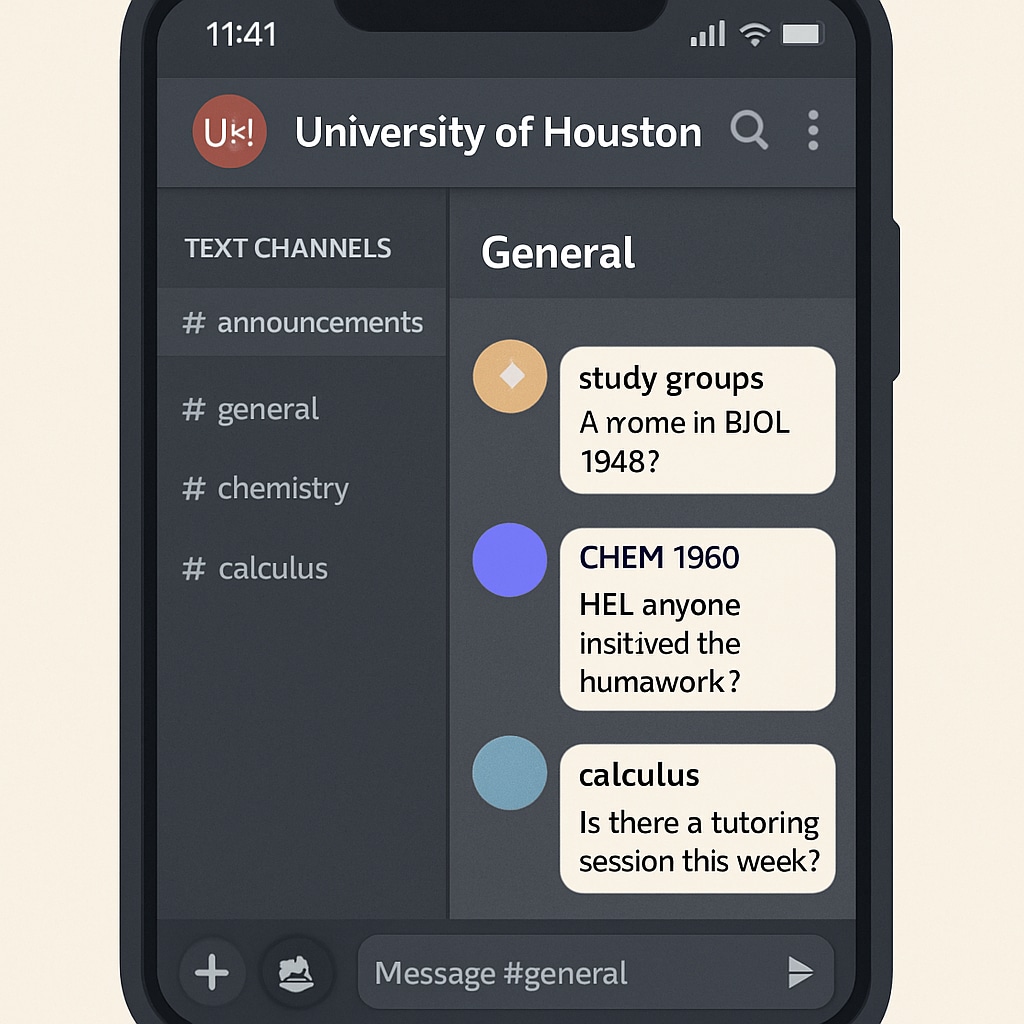In today’s competitive academic environment, leveraging study groups, Discord, and University of Houston resources is essential for fostering collaboration and resilience among students. The University of Houston not only provides access to diverse learning communities but also serves as a model for integrating these strategies into K-12 education. Whether you’re an undergraduate seeking peer support or a teacher looking to inspire teamwork, building learning communities can transform the educational experience.
Why Study Groups Matter in Higher Education
Study groups are more than just a convenient way to share notes—they are dynamic spaces where students collaborate, exchange ideas, and gain new perspectives. At the University of Houston, these groups provide an opportunity to overcome academic challenges while building interpersonal skills. For example, joining a study group can help students stay motivated, refine their time management skills, and learn from peers with diverse backgrounds.

In addition, these study groups can enhance cognitive skills by encouraging active learning and problem-solving. Research from organizations like the Britannica underscores the importance of collaborative learning in improving retention rates and comprehension.
Using Discord for Collaborative Learning
Discord, originally designed for gamers, has evolved into a powerful tool for educational collaboration. Many University of Houston students have adopted Discord as their go-to platform for creating virtual study groups and sharing resources. Its easy-to-use interface and features like voice channels, direct messaging, and file sharing make it an ideal choice for students who need flexibility in their study schedules.
For educators and students alike, Discord provides an opportunity to break geographical barriers and form connections that extend beyond the classroom. By creating dedicated servers for specific courses or topics, users can organize discussions, upload study materials, and even conduct virtual tutoring sessions. External resources such as Discord on Wikipedia highlight how this platform is transforming the way communities interact.

University of Houston Learning Resources
The University of Houston offers a variety of resources to support students in building effective study communities. For instance, the campus library often hosts workshops on collaborative learning and study techniques. Additionally, academic advisors and professors can help students form study groups tailored to their specific needs.
Students can also explore on-campus organizations that focus on peer mentoring and academic support. These groups often promote teamwork, celebrate diversity, and emphasize the importance of shared goals. By tapping into these resources, students can create an environment where collaboration thrives and academic success is within reach.
Applying Collaborative Learning to K-12 Education
While this article focuses on resources at the University of Houston, the principles of collaborative learning can be applied to K-12 education. Teachers can encourage students to form study groups and use platforms like Discord to build connections outside of the classroom. Introducing these practices early helps young learners develop essential skills such as communication, teamwork, and adaptability.
In addition, K-12 educators can look to universities as examples for creating learning environments that prioritize collaboration. By fostering a culture of shared accountability, schools can prepare students for the challenges of higher education and beyond.
As a result, integrating learning communities into K-12 education not only enhances academic performance but also builds resilience and empathy among students.
Readability guidance: Use concise paragraphs and lists to summarize key points; limit passive voice and long sentences; ensure smooth transitions between sections.


